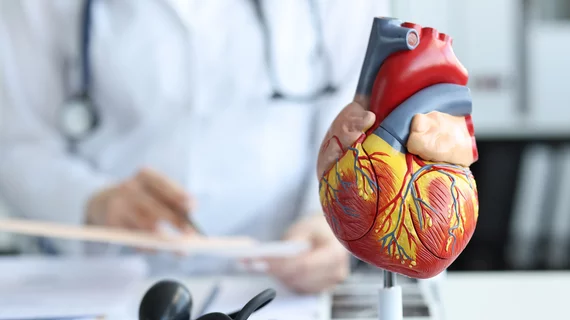With AFib ablation on the rise, HRS highlights importance of proper EP training
The Heart Rhythm Society (HRS) has shared a new statement emphasizing the importance of atrial fibrillation (AFib) ablation procedures being performed by trained electrophysiologists (EPs).
These procedures are becoming more and more common, the group wrote, and they are safer for patients than ever before. This ongoing success is largely due to the hard work and dedication of the EP community.
“Owing to the continued requirements for EP assessment and the skills needed to address additional arrhythmia mechanisms, we strongly believe that physicians who perform AFib ablation must formally train and maintain skills in EP-based testing and mapping, as well as advanced ablation therapeutics in order to achieve optimal efficacy and quality for patients suffering from AFib,” wrote first author Christopher F. Liu, MD, associate professor of medicine and medical director of cardiac EP services for the New York-Presbyterian - Weill Cornell Network, and rest of the HRS writing group.
Performing AFib ablation and percutaneous left atrial appendage closure/occlusion at the same time has gained momentum in recent years, the authors added, but combining these two procedures at the same time is quite complex; again, only EPs who have undergone proper training should even consider going this route.
Another key takeaway from the group’s assessment is that AFib ablation technology is sure to keep evolving as time goes on; any physicians who don’t put in the effort to keep up with emerging techniques, devices and policies should not be performing ablation in the first place.
The full policy statement is now available in HeartRhythm, the official medical journal of HRS.[1]
“The prevalence of AFib is startling,” HRS President Kenneth A. Ellenbogen, MD, an electrophysiologist with Virginia Commonwealth University Medical Center and co-author of this document, said in a prepared statement. “Alongside our members and partner organizations, we are committed to ensuring consistent and quality care for AFib management. EP endpoints remain essential to the success of AFib ablation.”

